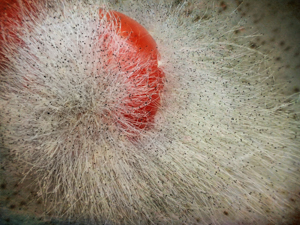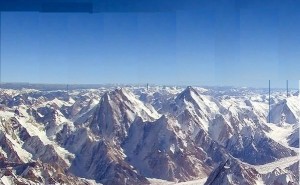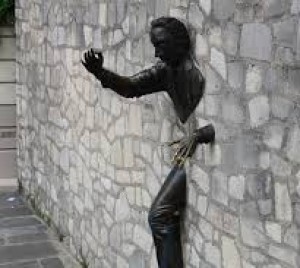Q: I am reading Dennis’ book ‘The Book of One’, and I am on the chapter about deep sleep.
From the age of around seven ( I am now 51), I have had a morbid terror of sleep. Not dreaming sleep which I enjoy (I am one of those rare people that has quite regular lucid dreams), but deep sleep, and equate it with “unconsciousness or non-consciousness” or death which leads to death anxiety. I understand that this fear is a result of constructs that I have devised, and am my own torturer. But the enquiry in this book and other books on Hinduism I have read seems to be returning me to the same cul-de-sac that is the dead end of my search.
Just reading the chapter now left me cold with fear and even worse complete dissappointment, as it doesn’t feel intuitive to me that this is our natural state? I really don’t want to return here at all, is this a normal reaction people feel when they are introduced to this concept?
I am not an intellectual. I have persevered with the book and it’s concepts, even though at times it is quite clearly beyond my comprehension. But is that it? Is that all there is? A kind of acceptance of annihilation of this ego-mind… forever?
I have some recollection of the Indra story where they ask the same question of Prajāpati and wasn’t quite satisfied?
Will this fear pass?
A (Dennis): You should take up meditation with the determination to practice fully. The nature of this would depend upon which method you chose. I took up mantra-based meditation similar to TM, which required 30 mins practice twice per day. This sounds impossible to begin with I know but, after a few months, it becomes part of your routine. And you benefit in so many ways, both mentally and physically. But the point is that, eventually (the time varies from one individual to another), you reach the point where you begin to experience periods of samAdhi. At these times, your mind becomes totally still. You are still aware of external and internal events but you remain entirely detached from both. You know that you are neither the body nor the mind but the observer of these. There is no ego at these times because you recognize this independence. Ego IS identification with one or other.
In deep sleep, you do not experience anything. But this is because there is nothing to experience, not because ‘you’ have disappeared. You see neither external world (because the senses are inactive) nor internal thoughts (because the mind is inactive). But the Self that is the witnessing Consciousness in deep meditation is still present in deep sleep. It never ‘sleeps’ (or dies) because it is the only thing that really exists. It is who you really are.
Hope this helps!





